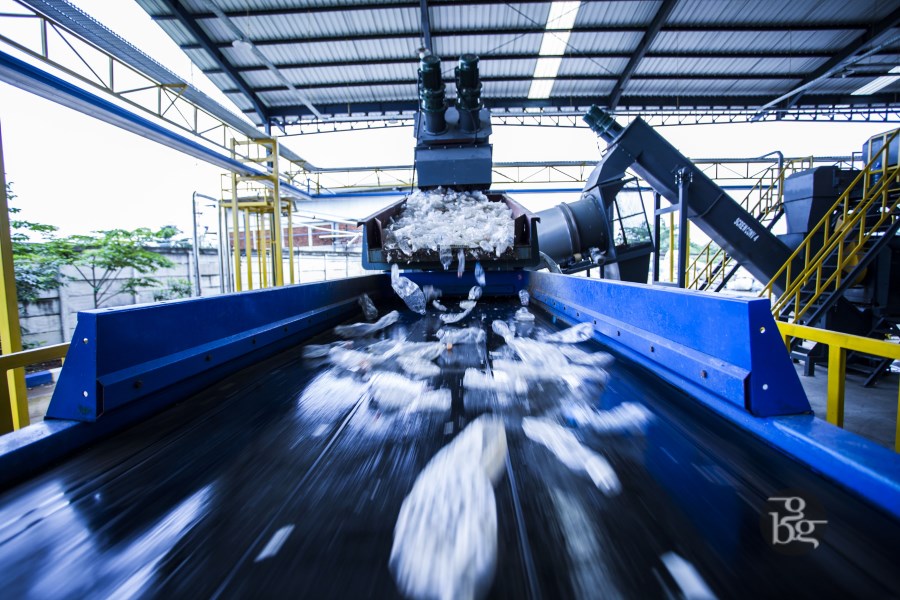Table of Contents
Introduction
Plastic engineering involves the study of polymer materials and their applications in designing and manufacturing products. From everyday items like packaging materials to complex components used in cutting-edge technologies, plastic engineers contribute significantly to modern society’s development. The versatility and cost-effectiveness of plastic make it a preferred choice in many industries, emphasizing the importance of skilled professionals in this field.
Understanding Plastic Engineering
What is Plastic Engineering?
Plastic engineering is a branch of engineering that deals with the processing, design, and manufacturing of plastic products. It includes the study of various polymers, their properties, and how they can be molded into useful products for specific applications.
Importance of Plastic Engineering in India
Plastic engineering has a significant impact on India’s industrial landscape. The country’s robust manufacturing sector relies heavily on plastic for product development and packaging. Plastic engineering also contributes to the country’s economic growth and provides numerous employment opportunities.
Applications of Plastic Engineering
Plastic engineering finds applications in diverse industries, including automotive, electronics, healthcare, construction, and consumer goods. The ability to create lightweight, durable, and cost-effective products makes plastic engineering crucial for various sectors.
Educational Requirements to Become a Plastic Engineer
Academic Background
To become a plastic engineer, you must have a strong academic background in science, particularly in physics and chemistry. Mathematics is also essential as it forms the foundation of engineering principles.
Specialized Courses in Plastic Engineering
Aspiring plastic engineers can pursue specialized courses such as a Bachelor’s or Master’s degree in Plastic Engineering or Polymer Science. These courses provide in-depth knowledge of polymers, material processing, and product design.
Skillset for a Successful Plastic Engineer
To excel in the field of plastic engineering, certain skills are crucial:
Analytical Skills
Plastic engineers must analyze complex problems related to material selection, processing techniques, and product design. Strong analytical skills enable them to find effective solutions.
Technical Knowledge
A thorough understanding of polymer science, material properties, and manufacturing processes is essential for a plastic engineer. Staying updated with the latest advancements in the industry is also crucial.
Creativity and Innovation
Innovation is the key to success in plastic engineering. Plastic engineers need to think creatively to develop new products and find sustainable solutions.
Top Institutes for Plastic Engineering in India
Several institutes offer excellent plastic engineering programs in India:
Indian Institute of Technology (IITs)
IITs are renowned for their engineering programs, including plastic engineering. These institutes provide world-class education and research facilities.
National Institute of Technology (NITs)
NITs offer comprehensive courses in plastic engineering, preparing students for a successful career in this field.
Private Universities Offering Plastic Engineering
Various private universities and colleges also offer specialized programs in plastic engineering.
Career Opportunities for Plastic Engineers
Plastic engineers have diverse career opportunities:
Plastic Manufacturing Industry
Plastic engineers can work in manufacturing plants, overseeing production processes and ensuring product quality.
Research and Development
Working in research and development allows plastic engineers to innovate and develop new materials and products.
Automotive Sector
The automotive industry uses plastic for various components, creating opportunities for plastic engineers to contribute to this sector.
Packaging Industry
Plastic engineers play a vital role in designing efficient and sustainable packaging solutions.
Medical and Healthcare
Plastic engineering is crucial in developing medical devices and equipment.
Consumer Electronics
Plastic engineers contribute to the design and manufacturing of consumer electronics.
Job Prospects and Salary Expectations
Entry-level Positions
Fresh graduates can start as junior plastic engineers with competitive starting salaries.
Mid-level Positions
With experience, plastic engineers can take on mid-level management roles with higher responsibilities.
Senior-level Positions
Senior plastic engineers can become team leaders, managers, or consultants, leading to further career growth.
Average Salary Range
The salary of a plastic engineer in India varies based on experience and expertise, with the potential for significant growth.
Challenges Faced by Plastic Engineers
Environmental Concerns
As plastic waste continues to be a global issue, plastic engineers must focus on sustainable practices and recycling solutions.
Technological Advancements
Keeping up with technological advancements is essential to stay competitive in the industry.
Quality Control and Safety
Ensuring product quality and safety is a significant challenge for plastic engineers.
Future of Plastic Engineering in India
Sustainable and Green Solutions
The future of plastic engineering lies in developing environmentally friendly and biodegradable alternatives.
Innovations in Material Science
Advancements in material science will open new possibilities for plastic engineering.
Global Market Trends
India’s plastic engineering sector will be influenced by global market trends and demands.
Conclusion
Becoming a plastic engineer in India offers a rewarding career path with vast opportunities in various industries. With the right educational background, skills, and determination, aspiring plastic engineers can contribute to innovation and sustainable development.
FAQs
Q1- What is the duration of a typical plastic engineering course in India?
A- The duration of a Bachelor’s degree in plastic engineering is usually four years, while a Master’s program can take an additional two years.
Q2- Are there any scholarships available for aspiring plastic engineers?
A- Yes, many institutes and organizations offer scholarships and financial assistance to deserving students pursuing plastic engineering courses.
Q3- Can I pursue a postgraduate degree in plastic engineering after completing a different undergraduate program?
A- Yes, candidates with a related engineering background can pursue a postgraduate degree in plastic engineering.
Q4- Is plastic engineering a male-dominated field?
A- While the engineering field historically had a male-dominated workforce, the trend is gradually changing, and more women are pursuing careers in plastic engineering.
Q5- How can I stay updated with the latest advancements in plastic engineering?
A- Attending conferences, workshops, and seminars related to plastic engineering and subscribing to industry journals are excellent ways to stay informed about the latest developments in the field.




